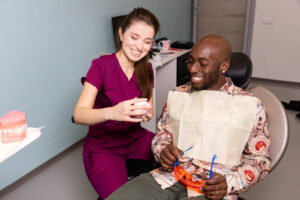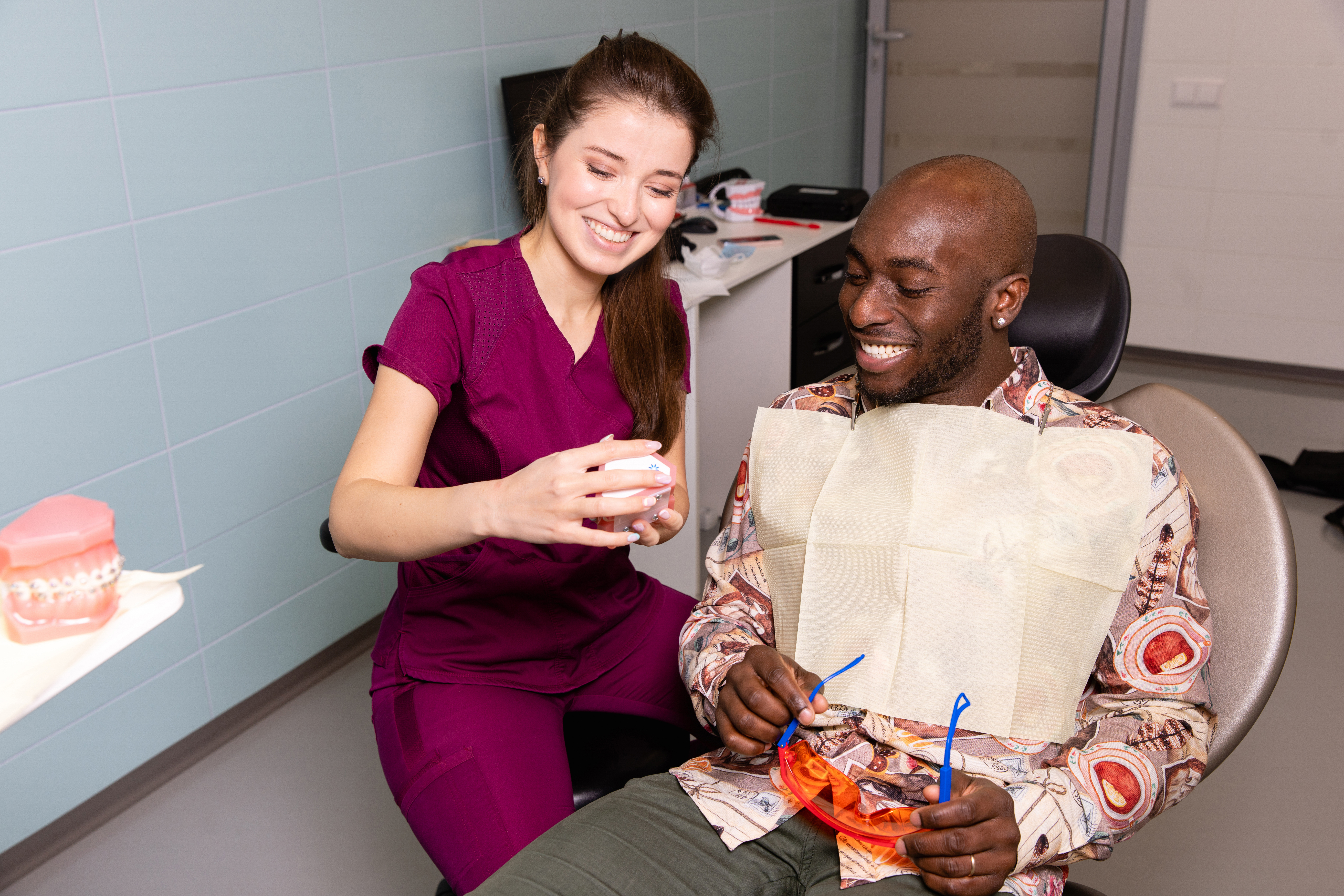Nothing ruins a beautiful summer day quite like a canker sore. One minute you’re kicking back with some fresh ceviche and a tall glass of lemonade, and the next, BAM: shooting pains through your mouth, your tongue, even your jaw. Ugh. Afternoon ruined.
But you should remember two things: first, lots of folks get canker sores, so you’re not alone. Second, they’re not contagious. So if you have one, you’re still free to enjoy the smooches and shared drinks that so often come with summer.
Canker sores are small ulcers (also known as lesions) in the mouth, generally on the cheek or gums. At their worse, they can affect your speech and even your breath. Canker sores are not cold sores, which usually appear outside your mouth and are caused by viruses. In this post, we’ll give you some info on what causes these sores, and steps that can be taken in treating canker sores and how to get back to enjoying your summer.
Canker Causes
There’s not one specific cause. Stress has been pointed to as one possibility. Some acidic foods such as citrus, pineapples and strawberries have also been identified as a cause. But as every mouth is unique, certain people are more resistant to these acids than others, so if you regularly eat these foods without getting cankers, then stop worrying and get back to your fruit salad.
Canker sores can also be formed from little abrasions caused by teeth or braces. That’s right, it’s possible that your own teeth are to blame. Over time, the constant rubbing of your cheek or tongue against a sharp tooth or dental implant can open up a small canker sore. This is why they often re-occur in the same spot: the back of the cheek next to the molars, for instance, is a prime sore spot. Some more bad news: certain conditions such as Crohn’s, celiac disease or vitamin B12 deficiency can increase susceptibility to recurring canker sores. These are known as complex canker sores, and are often just one of a host of symptoms that accompany such conditions. Whatever the reason, the initial treatment options are the same.
Treating Canker Sores
Once a sore forms, there are a couple things you can do to ensure it doesn’t get any worse.
- Although it may seem like a no-brainer, it still needs to be said: avoid chewing around the area with the sore. While you may notice that it becomes less sensitive after prolonged contact, further friction can slow its healing or even make it worse.
- Avoid acidic or sugary drinks, which can also irritate the sore.
- Don’t chew gum while you have a canker — even if the gum claims to clean your teeth.
- Continue your normal brushing regimen, but consider using a soft-bristled brush that won’t be as harsh on the lesion.
- To help the sore heal, mix a tablespoon of salt or baking soda into half a cup of water and swish it around your mouth. This will sting at first, but may help to speed your mouth’s recovery.
Some canker sores are in areas that can’t be avoided. If this is the case, you can use gels such as Kank-X that temporarily numb the affected area. These will also coat the area with a thin layer of gel that may provide some temporary protection.
When to Talk to Your Dentist about your Canker
Sometimes a canker sore is like an annoying in-law after the holidays: it just won’t go away. If the sore lasts for three weeks or more, then it might be time to schedule an appointment. Likewise, if you find that the sores are spreading throughout your mouth, your throat is swollen and painful, or you come down with a fever, it’s also a good idea to talk to a doctor or dentist.








